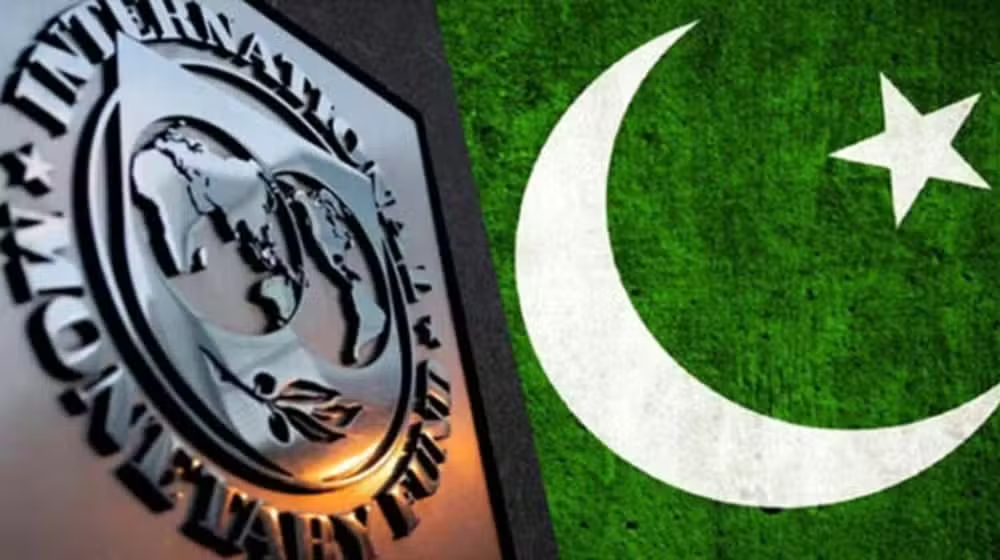The International Monetary Fund (IMF) has agreed to Pakistan’s request to lower customs and regulatory duties under the new tariff policy for 2025–30, marking a breakthrough in ongoing negotiations for the federal budget 2025–26. The talks also cover sweeping changes to vehicle import and energy policies, with a strong focus on reducing pollution and promoting electric mobility.
As part of the new policy direction, the government has pledged to the IMF that it will lift the ban on importing 5-year-old used vehicles in the upcoming budget, signaling a major step toward liberalizing the automotive sector. The IMF, in turn, has urged Pakistan to allow commercial imports of vehicles and dismantle non-tariff barriers to facilitate smoother trade flows.
In a bid to accelerate the country’s green transition, Pakistan will roll out a new electric vehicle (EV) policy targeting 30 percent of all new vehicles on the road to be electric by 2030. The government plans to launch a subsidy scheme for battery-powered vehicles and develop a nationwide EV charging infrastructure to support this shift.
To further discourage pollution from traditional fuel-based vehicles, a carbon levy of Rs. 5 per liter on petrol and diesel vehicles will be introduced starting July 2025, with collections continuing until June 2027. Authorities are also considering a supplementary sales tax on petrol and diesel-powered vehicles to reinforce the move toward cleaner transport.
The government has also committed to reducing tariffs in the automobile sector and providing incentives for local manufacturers as part of broader reforms. Additionally, a significant increase in the petroleum levy—potentially up to Rs. 100 per liter—is on the table for the next budget, though final details are still being finalized.
Officials say these combined measures could reduce pollution from smog-emitting vehicles by as much as 30 percent by 2030.










